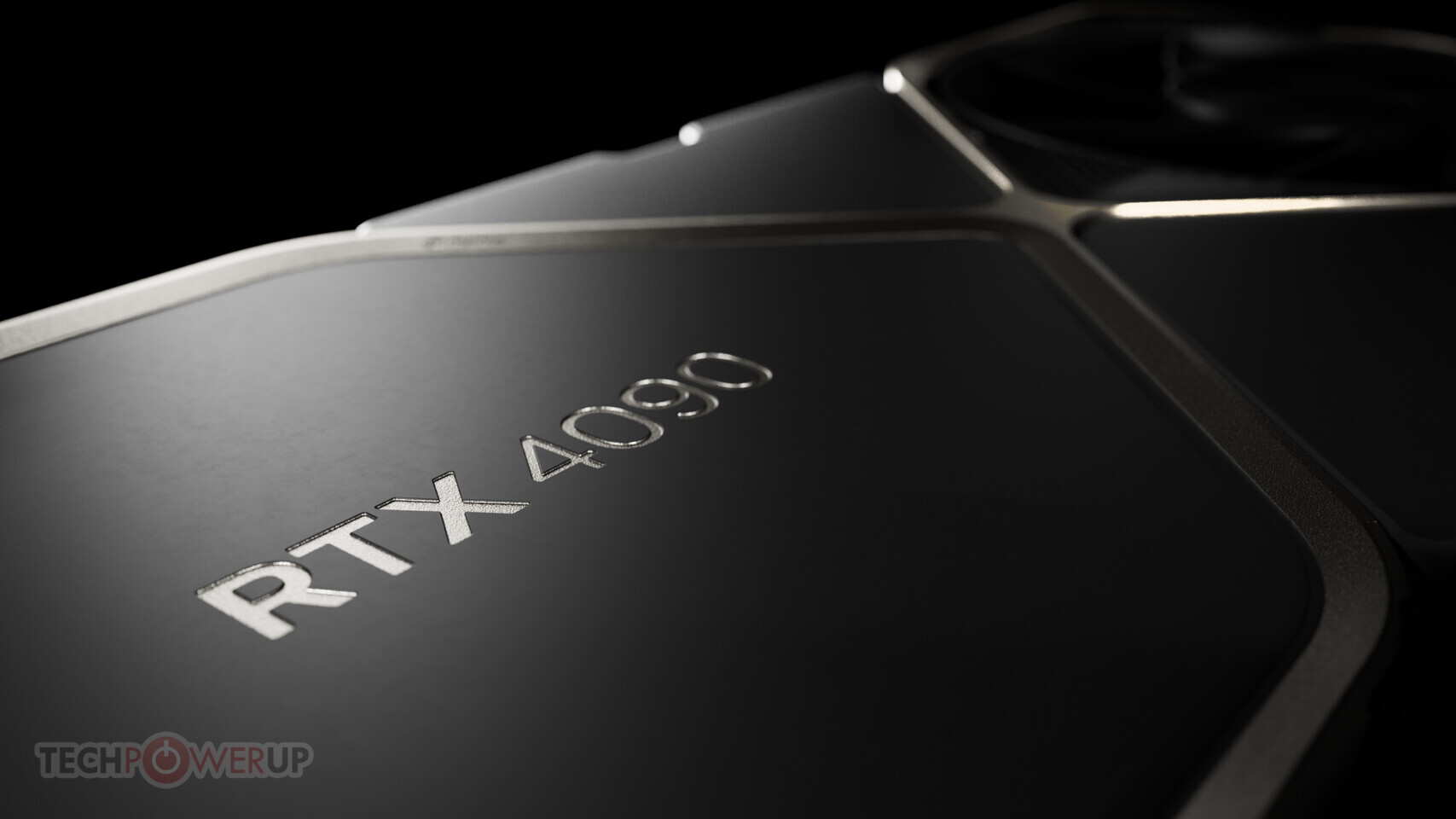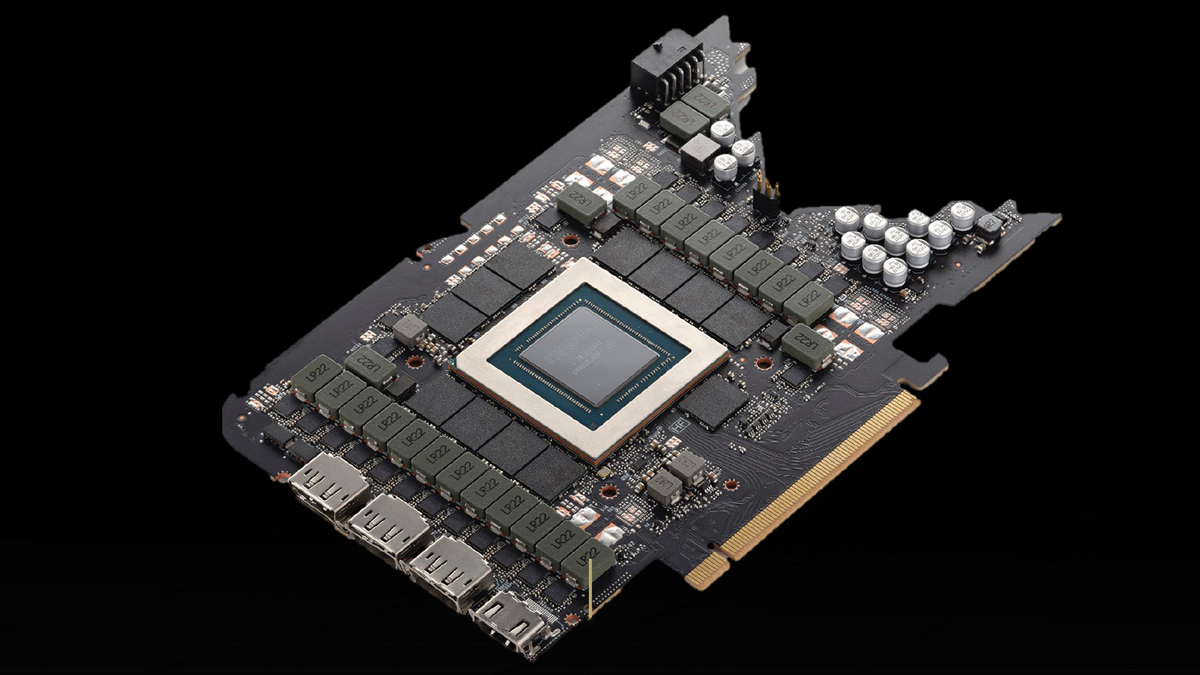On PSUs, speaking as a PC builder, I wouldn't even bother trying a 750w PSU with a 4090. It's not enough. Worth remembering that you don't actually get 750w on most 750w power supply since they are usually 90% efficient or less. So you get 675 usable ws in reality. And we're talking about adding a 600w card to that, leaving you 75w for every other part of your system: mobo; mem; CPU, RGB, fans, AIO or air cooler. It doesn't computer (see what I did there?).
You may get away with an 850w, provided you're not running a high-end CPU, and provided you are going to limit your card to the 450w BIOS. But then, it would be kinda crazy to run such an absurdly powerful GPU with a low-end CPU. My 12900k can easily peak over 300w draw on its own.
1000w should be considered the minimum for a 4090, with which you'll get 900w of usable output.
The rumour that the 4090s will blow up your non gen3 PSU have been debunked, it's simply not true. PSUs have protection circuits so the worst that would happen if more power is pulled than it can deliver would be the classic 'loud BBBZZ' noise through your speakers and complete system shutoff. I've overloaded systems before, it's not the end of the world. The system just flicks off and you're left with 'Oh bum, I need a bigger PSU'.
Hope that helps.






 The efficiency rating doesn't mean you only get that percentage of the PSU's rated power output. It's actually how many watts are drawn from the wall socket compared to what is actually being supplied to your PC. A more efficient PSU will have a smaller delta between wattage drawn from the wall and being supplied to your PC so it's cheaper to run and should run cooler.
The efficiency rating doesn't mean you only get that percentage of the PSU's rated power output. It's actually how many watts are drawn from the wall socket compared to what is actually being supplied to your PC. A more efficient PSU will have a smaller delta between wattage drawn from the wall and being supplied to your PC so it's cheaper to run and should run cooler.